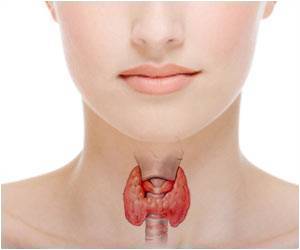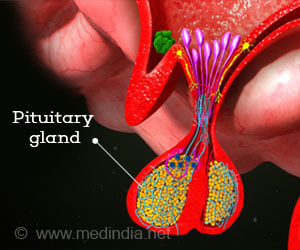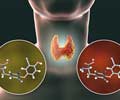Levothyroxine Medication Information
Learn everything you need to know about Levothyroxine-pronunciation, uses, dosage guidelines, indications, and when to take or avoid it.
Get up-to-date information on side effects, precautions, warnings, and proper storage to ensure safe usage.
Explore Levothyroxine brand names commonly used in India and internationally, along with detailed pricing information. Consult your healthcare provider for tailored medical advice.
Generic Name : Levothyroxine Pronunciation : lee voe thye rox' een ICD Code : Y42.1 Therapeutic Classification : Thyroid and Antithyroid AgentsBrand Names or Trade Names of Levothyroxine
India :
Thyrox (100 mcg) |
Thyrosec (50 mcg) |
Thyronorm (12.5 mg) |
Thyrosec (125mcg) |
Thyronorm (150 mcg) |
Thyronorm (75mg) |
Roxin |
Thyrox (0.2mg) |
Thyronorm (125mg) |
Thyrox (0.05mg)
International :
Levothroid, Levoxyl, Synthroid, Unithroid
Why is Levothyroxine Prescribed? (Indications)
This medication is a thyroid hormone, prescribed for hypothyroidism. It works by replacing thyroid hormone when the body does not make enough on its own.What is the dosage of Levothyroxine?
Adult- Initial- The recommended dose is 12.5-125 mcg/day, orally.How should Levothyroxine be taken?
It comes as a tablet to take by mouth, on an empty stomach.What are the warnings and precautions for Levothyroxine?
• Caution should be exercised in patients with history of trouble in swallowing, heart problems, high blood pressure, bleeding disorder, anemia, sugar, jaundice, underactive adrenal or pituitary gland, osteoporosis, infertility, adrenal gland problems, thyroid problems, any allergy, who are taking other medications, elderly, children, during pregnancy and breastfeeding.• Monitor blood sugar level regularly while taking this medication.
• Dietary fiber may decrease the absorption of this medication; consult with your doctor for proper diet.
What are the side effects of Levothyroxine?
General - Fatigue, increased appetite, weight loss, heat intolerance, fever and excessive sweating.Central nervous system - Headache, hyperactivity, nervousness, anxiety, irritability, emotional lability and sleeplessness.
Musculoskeletal - Tremor and muscle weakness.
Heart - Palpitations, fast heart rate, abnormal heart rhythm, increased pulse and blood pressure, heart failure, chest pain and heart attack.
Respiratory - Difficulty in breathing.
Gastrointestinal - Diarrhea, vomiting, abdominal cramps and elevation in liver function tests.
Skin - Hair loss and flushing.
Endocrine - Decreased bone mineral density.
Reproductive - Menstrual irregularities and impaired fertility.
 MEDINDIA
MEDINDIA
 Email
Email













